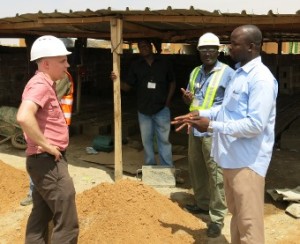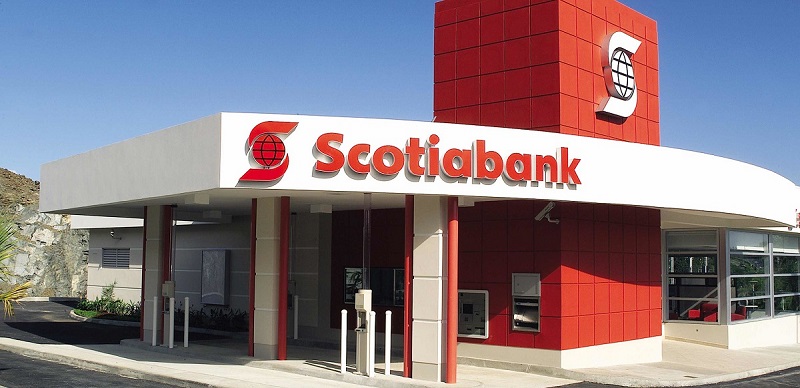
During my MSc Development Studies degree at LSE, one of the topics that interested me most was Albert Hirschman’s concept of backwards linkages. Briefly, he defined backward linkage effects as when the establishment of a new industry creates possibilities for local industries to expand production through the supply of inputs to the new entrant to the economy. He argued that developing countries could benefit from creating backwards linkages whereby domestic enterprises would supply the operations of investing companies.
While this might seem obvious, the idea of using policy to proactively increase linkages waned during the period of structural adjustment in the 1980s. Much of mainstream thinking when it comes to foreign direct investment in developing countries has since been dominated by simplistic pictures whereby the increased investment inspired by deregulation and incentives would on its own lead to development. More interventionist development strategies that explicitly strive for linkages have only recently started to gain more attention again.
This debate has been illustrated in the ongoing discussions around mining and its role in development. There are many actors that continue to argue that countries in developing regions like Sub-Saharan Africa simply need more investment in natural resources, and development and poverty reduction will take its course with increased production. However, the central thrust of the resource curse idea – that countries with more natural resource activity tend to perform worse than those with less – is as valid as ever. A recent study by McKinsey & Company found that nearly 80% of countries that are historically resource-driven have per capita income levels below the global average, and that of these countries more than half are not catching up.
This data shows that increased mining investment and mineral production is simply not enough on its own to contribute to meaningful development. Strong backwards supply chain linkages to the rest of hosting economies are one of the things that must also be in place for mining investments to promote development.
I now work with Engineers Without Borders Canada, leading an initiative called Mining Shared Value, that works to encourage and help the mining industry to purchase more goods and services locally in the developing regions where they work. It has been rewarding to be able to apply the concepts I studied at LSE in a practical fashion, working to help companies better understand both the value of procuring locally, and providing guidance on how to do it.
There are a great number of challenges that companies face when buying locally, mainly centering on the weak capacity of local suppliers. When foreign companies assist these suppliers in increasing capacity, they in effect become development actors. In some cases, mining companies have carried out extensive programs to create and scale up supplier firms. The international gold mining firm Newmont, for example, worked with the World Bank’s International Finance Corporation to implement its Ahafo Linkages Program in Ghana, shifting millions of dollars in spending to the local and national economy. Programs like these should be applauded, and one of the focuses of the Mining Shared Value program is to spread these ideas to other companies.
It also has been a rewarding experience to engage with companies first hand on this topic of backwards linkages. There are a lot of good people working for many of these mining companies who clearly are passionate about improving the impact of their presence in developing countries. This has even been the case with some companies who have problematic records on other aspects of their activities, including environmental misconduct and community conflict. As such, it has been an eye-opening experience interacting with such a complex system and complex companies with different personalities inside. The private sector needs to be part of economic and social development, and so it has been great to be practically working with the mining industry to try to improve the development outcomes from mining activity.





